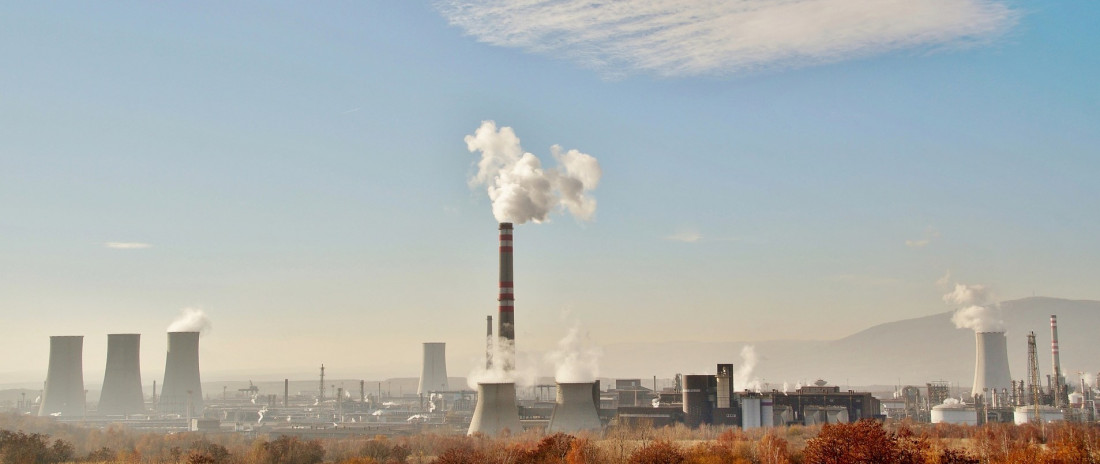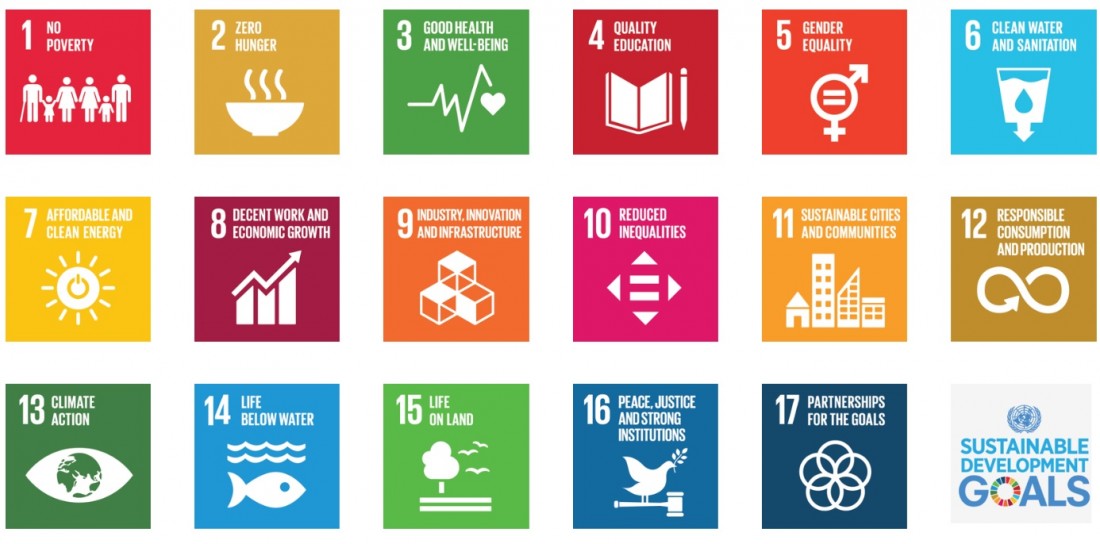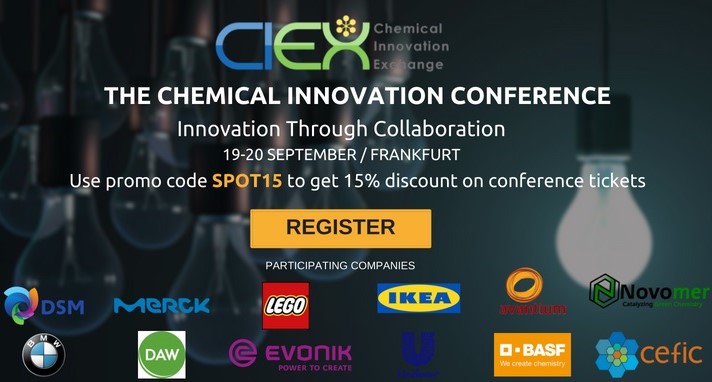Sustainability is a key trend in modern business, and yet it can produce feelings of depression.
This is for two main reasons.
- It conjures up images of our planet’s resources being exhausted and of industrial waste piling up, leaving a broken planet for our grandchildren.
- It sets out an enormous challenge and lots of hardwork for everyone to be more sustainable to avoid a catastrophic scenario (see reason 1).
Take for example, the UN Development Programme’s “call to action” of sustainable development goals. A quick look at the list shows that each goal is a massive problem…and there are seventeen of them. Of the seventeen, all are relevant for the chemical industry.
But sustainability goes further than politics and a list of high-minded concepts from elites in ivory towers. Today, sustainability is a requirement for business survival.
As the industry consultants at BCG note, “Sustainability is no longer just a matter of complying with regulators and dealing with NGOs. As customers and investors join the chorus of concern about the need to protect resources over the long term, it’s become a hot topic in chemical industry boardrooms. And there’s a major upside to all this attention, as for many companies, the demand for sustainable products offers opportunities for revenue and margins that outweigh the associated costs.”
This is a point supported by Christina Välimäki, VP of Segment Marketing at Elsevier, as she reports on the Sustainable Brands website that, “By 2020, the market for ‘green’ chemistry is expected to reach $100 billion globally, with North America seeing an increase from $3 billion to over $20 billion during the same period. This growth, essential to the future of our planet, is a sign that the industry is engaged in much-needed change. Today, 8.3 percent of all deaths and 5.7 percent of the total burden of disease worldwide are related to chemical exposure.”
To meet these goals, the chemical industry needs both investment in new technology and to work together to achieve mutually beneficial gains.
Fortunately, this is something that the chemical industry is particularly good at. As Eric Bischof, International Executive and Change Manager at Covestro, discussed in a recent interview with the hosts of the upcoming CIEX 2018 conference that will be held on 19th and 20th September in Frankfurt. He said, “Let‘s talk about the problems and challenges of sustainability, but let’s also put them in perspective. We have to be able to explain the (substantial) contribution of our products and solutions, while at the same time acknowledging the aspects that still need work. Some of them can only be achieved in collaboration, others need breakthrough innovations – we should be working on both.”
While ‘facing challenges’ and ‘talking about problems’ may sound difficult, the reality is that chemical companies that fail to do so will be left behind. They will not have access to the rapidly expanding sustainable chemistry market and will lose both reputation and competitive advantage.
As the consultants at BCG highlight, “the opportunity [provided by sustainability] is so great that it is the driving force behind new products and services. The emphasis is on redesigning existing products to use new, more sustainable inputs—ones that generate less waste in production, for instance, or yield products that are easier to recycle at the end of their useful lives. Since such materials usually cost more, companies need to identify the payoff, either in lower production costs or a higher price premium. The petroleum giant Total, for example, recently launched a joint venture with Corbion to build a PLA polymerization plant with an annual capacity of 75,000 tons. The plant will generate biodegradable plastics that will reduce end users’ solid waste—and support a higher price point than conventional plastics. Likewise, Borealis took note of the rising demand for blended plastics when it acquired MTM Plastics, which mixes recycled and virgin materials to generate commercial-grade plastics.”
While at present, many sustainable chemical or polymer products require a higher price point to cover increased costs, it is unlikely that this will always be the case. Both regional economies and the chemical industry will change as sustainability becomes less of a trend and more of a universal goal.
As Välimäki acknowledges, “The chemical industry’s journey to sustainability is in its early stages, and we can expect to see plenty of further improvement and innovation in the coming years. As the world’s population nears nine billion, and the strain on the planet’s resources grows, this will become increasingly vital.”
All of which will take time, money, and an open-minded sharing of ideas. Many of the sustainable development goals laid out by the UN are relatively new concepts in the long, long history of the chemical industry. Business targets of ‘climate action’ or ‘responsible consumption and production’ were rarely discussed 100 years ago. Today they have become necessities, that require a united, forward-looking effort.
As Bischof notes, “I believe most can be gained by discussing difficult and controversial topics rather than just sharing what has already been achieved.”
It is this desire to find innovative ways to achieve sustainable goals that led to him taking part in CIEX 2018. Here he can meet other like-minded R&D experts across the chemical value chain to discuss the challenges and opportunities that the industry holds.
In doing so he hopes to “gain insights into how the chemical and more specifically the plastics industry believes they can contribute to a more sustainable world.”
At present, the planet is feeling the onset of climate change. As ice caps melt, plastic waste piles up, and mankind’s impact on the environment becomes ever more destructive, it finds itself in a time of great need. While this may sound depressing, it can also be inspiring. As Bischof notes, “Sustainability inspires Innovation – and great innovations have always occurred in times of great need.”
CIEX is the premier event created for R&D and Innovation experts from the consumer, industrial and specialty chemical sectors. Every year, CIEX brings together all players across the value chain to create a unique platform for participants to learn, exchange ideas, and collaborate. This year, CIEX is scheduled to be held on September 19-20 in Frankfurt, Germany.
Connect, discuss and discover the most compelling ideas emerging globally with an unmatched group of innovators from companies such as Merck, DSM, BASF, Cefic, Lego, IKEA, DAW SE, Avantium, Evonik, Unilever, Covestro and many more!
You can view the conference agenda and speaker panel at: https://ciex-eu.org. SPOTCHEMI partners and subscribers get 15% off. Use promo code SPOT15.
Photo credit: UN, nswai, tobuya3dprinter, seed, Ecoproducts & byjus



